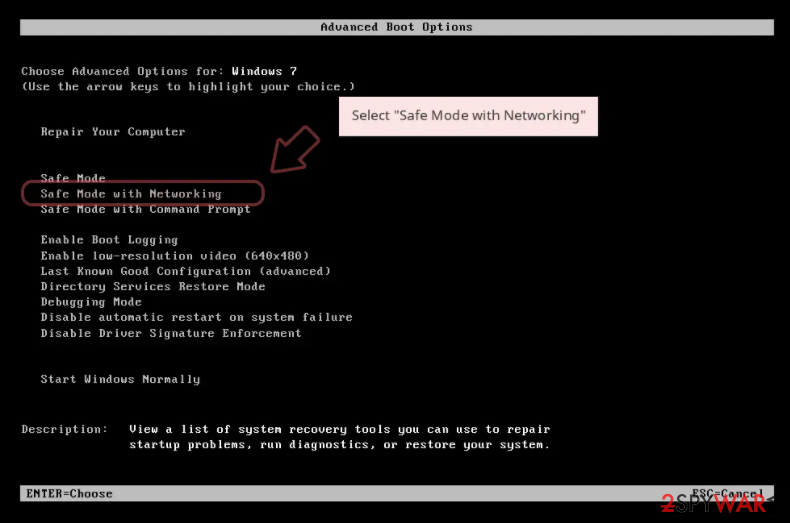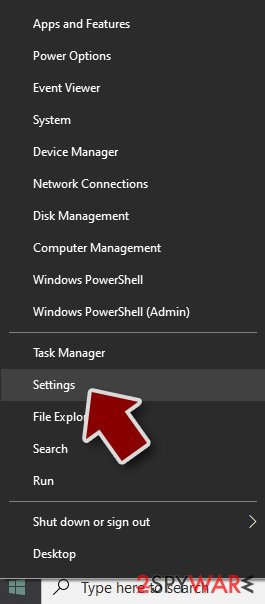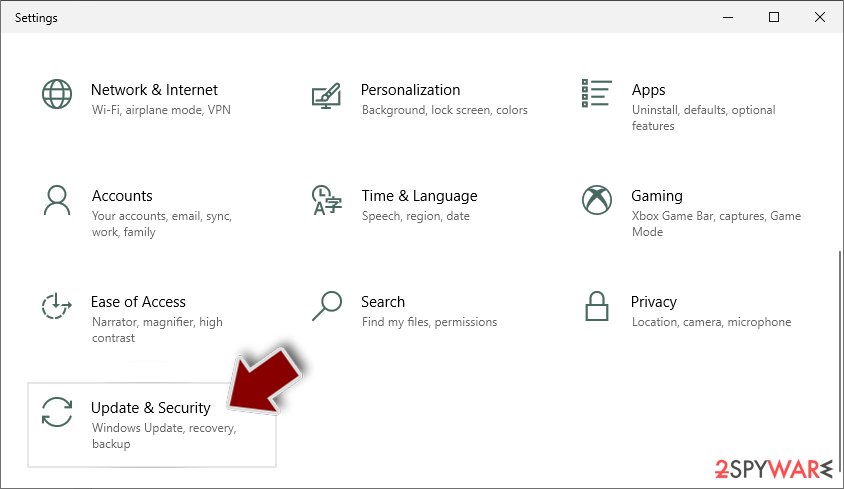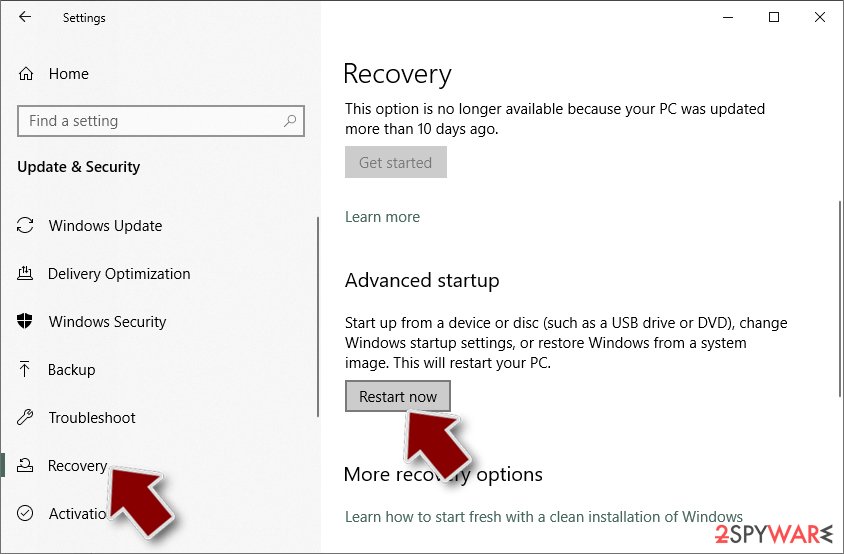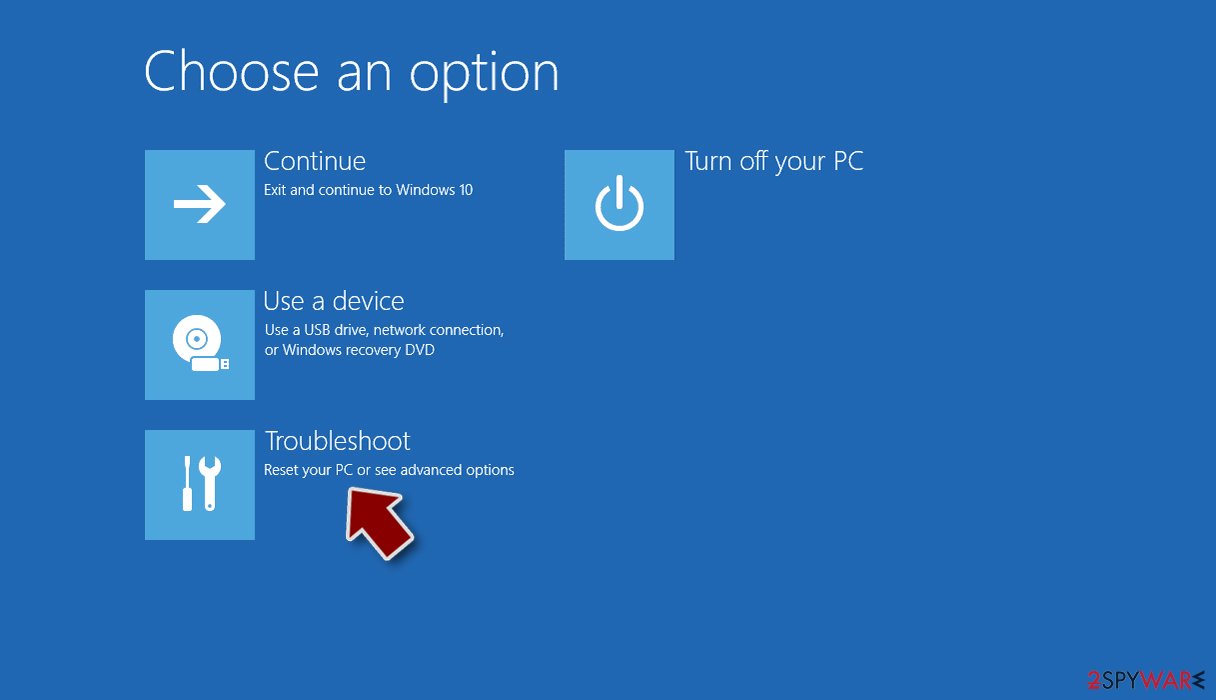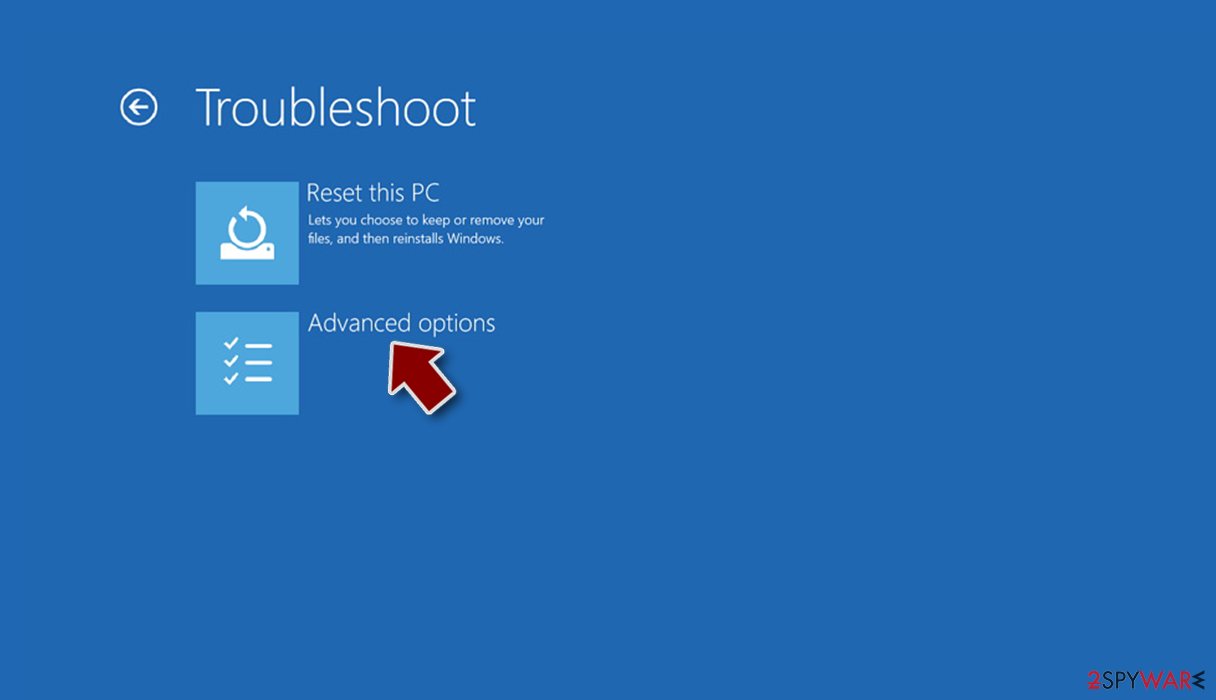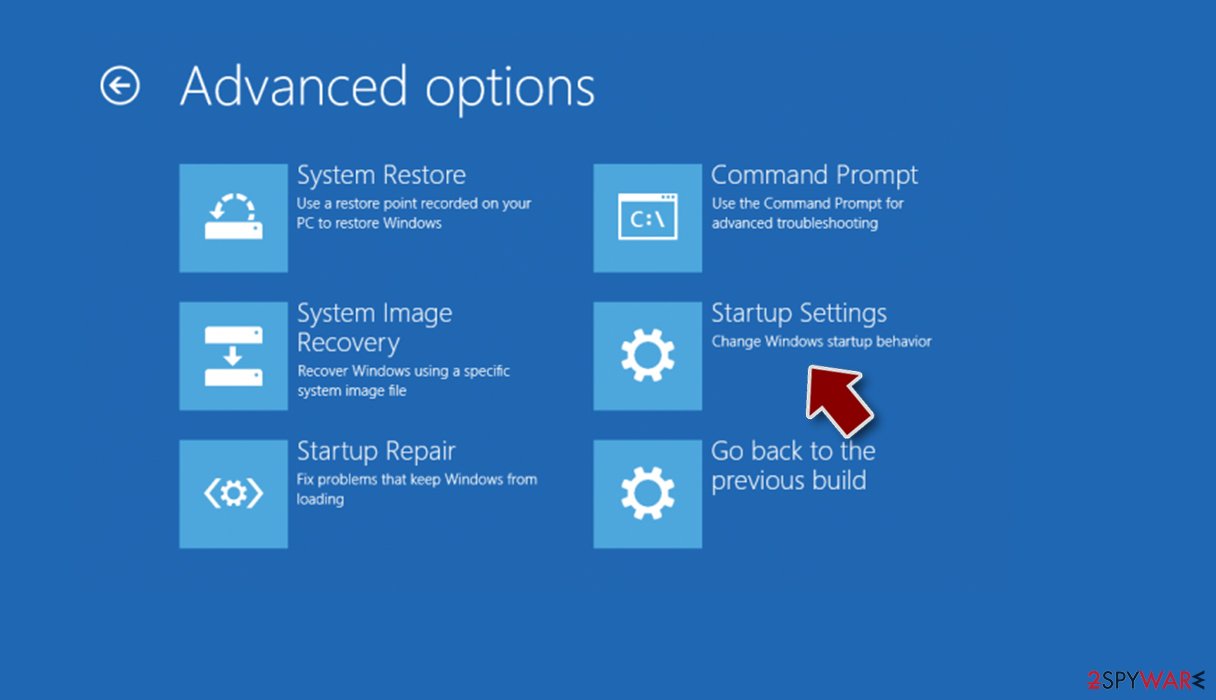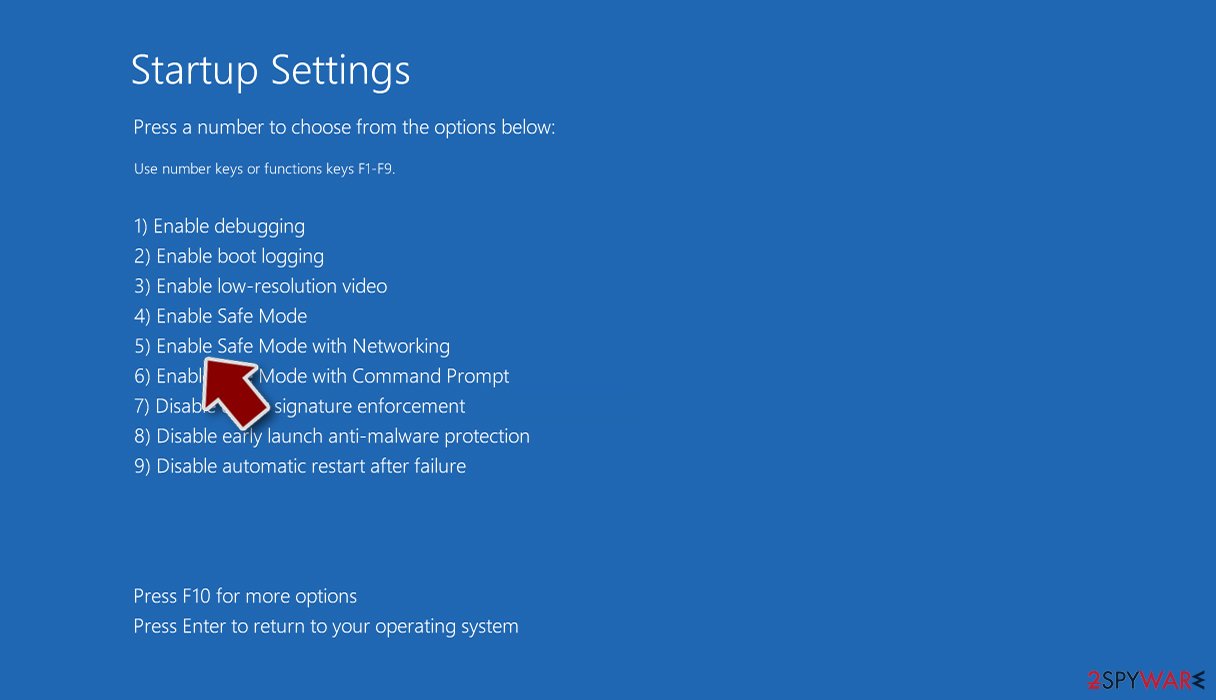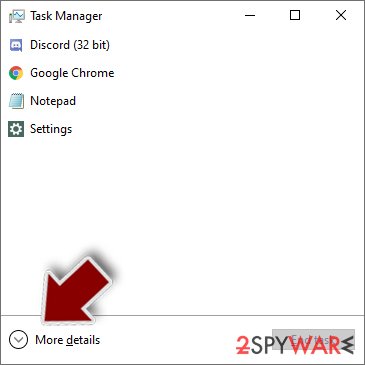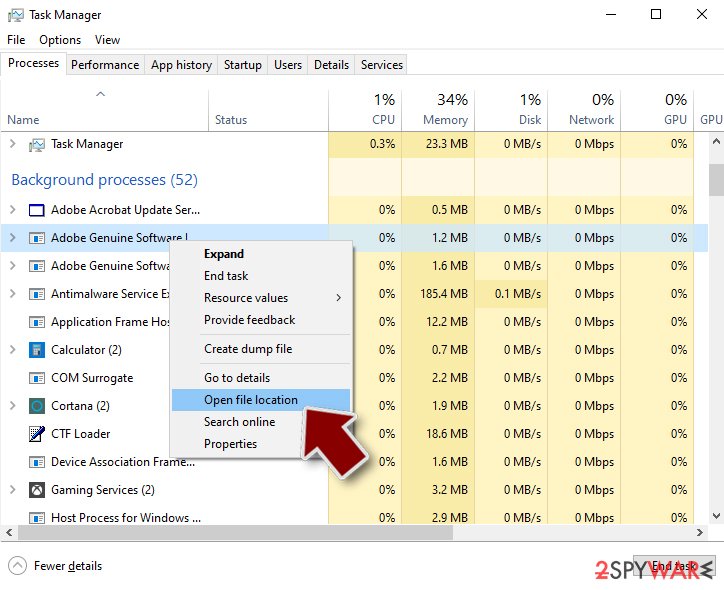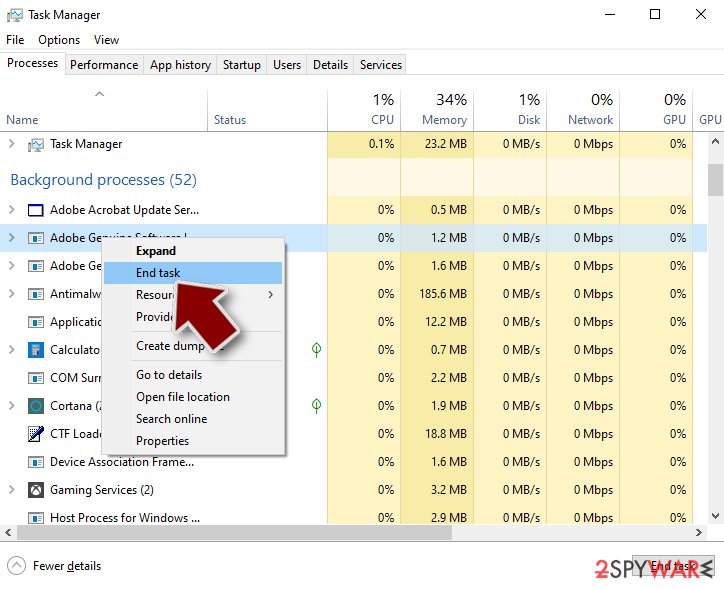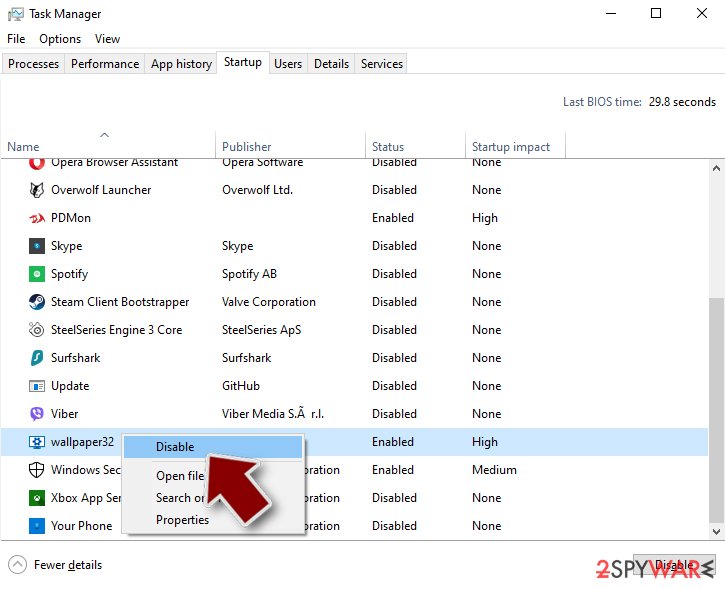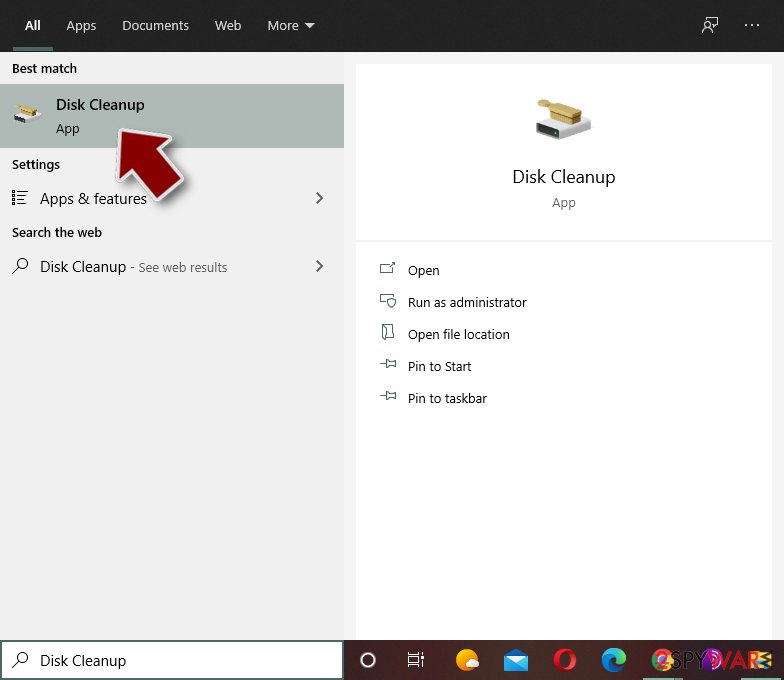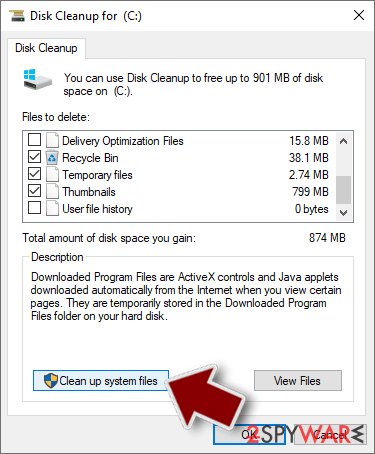RAA-SEP ransomware / virus (Tutorial)
RAA-SEP virus Removal Guide
What is RAA-SEP ransomware virus?
How destructive is RAA-SEP virus?
These few summer weeks of June have been a short break for the Internet community from ransomware assaults. However, not for long. RAA-SEP virus is one of the recent virtual threats which cause the most ruckus – it encrypts personal information with the cryptographically strong algorithm, and the only choice seems to pay the ransom. At least, it’s what hackers say. Nonetheless, we do not recommend you to behave according to cyber criminals’ expectations. What you should do is to start RAA-SEP removal. Install FortectIntego to assist you in the elimination process.
Unlike recently booming viruses, gerkaman@aol.com, Ecovector, created by the same hacker group who prefers using a similar email address, this one virus seems to be a newbie programmed by other cyber criminals. Alternatively known as RAA virus, the threat seems to target the Russian-speaking users. However, you should not ward off the idea that the virus does not knock on the doors of your operating system. The ransom note, which comes as !!!README!!!.rtf file declares that all the personal files are locked out using an AES-256 algorithm. This and other variation of AES – 128 – has been a popular tool in the process of creating a ransom. Since the information is encoded with the public key, in order to unlock it, a unique numeric private key is required.
Furthermore, victims are supposed to send their personal ID number which is automatically assigned, once RAA-SEP malware takes over the computer, to a respective email address – raa-consult1@keemail.me. Before you hope to recover the files, the hackers give you a one week to pay the ransom to recover the files. They demand 250 dollars for the decryption key. Cyber criminals try to convince you to make the transaction soon by granting you the chance to try RAA-SEP decryptor. It unlocks a few files.
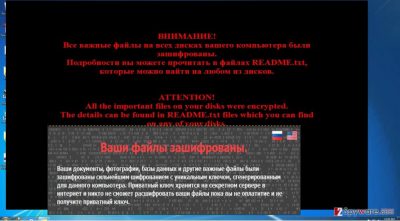
Though the ransom sum of RAA-SEP ransomware is quite average, you should not pay the money. For Russian citizens, the hackers provide a link to purchase Bitcoins in rubles. All in all, though some of the users may rush to remit the payment, there are no guarantees that hackers will keep their word of returning the files. Instead, you may try using PhotoRec or R-studio, which should help recover at least the majority of encrypted information.
The distribution of the ransomware
Before we proceed to the section where will introduce how to remove RAA-SEP, it is crucial to know how this threat spreads. Internet users, @JAMES_MHT and @benkow_, who have detected this malware, found it spreading via spam attachments. It has been a prevalent method for the recent viruses as well. Though users have become more aware of the dangers of opening an unknown email, there is still a significant number of users who carelessly open up the emails which are seemingly sent from governmental institutions.
For example, recently rampaging Cerber, distributes an infected voicemail, which is supposedly sent from Microsoft Exchange Server. Thus, if you happen to get an email from a delivery company which urges to review the delivery information provided in an attached file or similar scenario, do not recklessly open it. It is likely that the attachment covers RAA ransomware.
RAA-SEP removal guidelines
This virus poses a big challenge for IT specialists. If you do not specialize in programming sphere, the only reliable way to remove RAA-SEP virus is to run a system scan using an anti-spyware application. It is apt to locate ransomware related files. After you succeed in getting rid of RAA-SEP virus, you should think about the possible options for keeping your files. We recommend using USB sticks or DVDs or data storage alternatives. Lastly, the most effective way to restore the encrypted files is a to find the back-ups. Thus, develop a habit regularly backing your most important files.
Getting rid of RAA-SEP virus. Follow these steps
Manual removal using Safe Mode
Important! →
Manual removal guide might be too complicated for regular computer users. It requires advanced IT knowledge to be performed correctly (if vital system files are removed or damaged, it might result in full Windows compromise), and it also might take hours to complete. Therefore, we highly advise using the automatic method provided above instead.
Step 1. Access Safe Mode with Networking
Manual malware removal should be best performed in the Safe Mode environment.
Windows 7 / Vista / XP
- Click Start > Shutdown > Restart > OK.
- When your computer becomes active, start pressing F8 button (if that does not work, try F2, F12, Del, etc. – it all depends on your motherboard model) multiple times until you see the Advanced Boot Options window.
- Select Safe Mode with Networking from the list.

Windows 10 / Windows 8
- Right-click on Start button and select Settings.

- Scroll down to pick Update & Security.

- On the left side of the window, pick Recovery.
- Now scroll down to find Advanced Startup section.
- Click Restart now.

- Select Troubleshoot.

- Go to Advanced options.

- Select Startup Settings.

- Press Restart.
- Now press 5 or click 5) Enable Safe Mode with Networking.

Step 2. Shut down suspicious processes
Windows Task Manager is a useful tool that shows all the processes running in the background. If malware is running a process, you need to shut it down:
- Press Ctrl + Shift + Esc on your keyboard to open Windows Task Manager.
- Click on More details.

- Scroll down to Background processes section, and look for anything suspicious.
- Right-click and select Open file location.

- Go back to the process, right-click and pick End Task.

- Delete the contents of the malicious folder.
Step 3. Check program Startup
- Press Ctrl + Shift + Esc on your keyboard to open Windows Task Manager.
- Go to Startup tab.
- Right-click on the suspicious program and pick Disable.

Step 4. Delete virus files
Malware-related files can be found in various places within your computer. Here are instructions that could help you find them:
- Type in Disk Cleanup in Windows search and press Enter.

- Select the drive you want to clean (C: is your main drive by default and is likely to be the one that has malicious files in).
- Scroll through the Files to delete list and select the following:
Temporary Internet Files
Downloads
Recycle Bin
Temporary files - Pick Clean up system files.

- You can also look for other malicious files hidden in the following folders (type these entries in Windows Search and press Enter):
%AppData%
%LocalAppData%
%ProgramData%
%WinDir%
After you are finished, reboot the PC in normal mode.
Remove RAA-SEP using System Restore
-
Step 1: Reboot your computer to Safe Mode with Command Prompt
Windows 7 / Vista / XP- Click Start → Shutdown → Restart → OK.
- When your computer becomes active, start pressing F8 multiple times until you see the Advanced Boot Options window.
-
Select Command Prompt from the list

Windows 10 / Windows 8- Press the Power button at the Windows login screen. Now press and hold Shift, which is on your keyboard, and click Restart..
- Now select Troubleshoot → Advanced options → Startup Settings and finally press Restart.
-
Once your computer becomes active, select Enable Safe Mode with Command Prompt in Startup Settings window.

-
Step 2: Restore your system files and settings
-
Once the Command Prompt window shows up, enter cd restore and click Enter.

-
Now type rstrui.exe and press Enter again..

-
When a new window shows up, click Next and select your restore point that is prior the infiltration of RAA-SEP. After doing that, click Next.


-
Now click Yes to start system restore.

-
Once the Command Prompt window shows up, enter cd restore and click Enter.
Finally, you should always think about the protection of crypto-ransomwares. In order to protect your computer from RAA-SEP and other ransomwares, use a reputable anti-spyware, such as FortectIntego, SpyHunter 5Combo Cleaner or Malwarebytes
How to prevent from getting ransomware
Access your website securely from any location
When you work on the domain, site, blog, or different project that requires constant management, content creation, or coding, you may need to connect to the server and content management service more often. The best solution for creating a tighter network could be a dedicated/fixed IP address.
If you make your IP address static and set to your device, you can connect to the CMS from any location and do not create any additional issues for the server or network manager that needs to monitor connections and activities. VPN software providers like Private Internet Access can help you with such settings and offer the option to control the online reputation and manage projects easily from any part of the world.
Recover files after data-affecting malware attacks
While much of the data can be accidentally deleted due to various reasons, malware is one of the main culprits that can cause loss of pictures, documents, videos, and other important files. More serious malware infections lead to significant data loss when your documents, system files, and images get encrypted. In particular, ransomware is is a type of malware that focuses on such functions, so your files become useless without an ability to access them.
Even though there is little to no possibility to recover after file-locking threats, some applications have features for data recovery in the system. In some cases, Data Recovery Pro can also help to recover at least some portion of your data after data-locking virus infection or general cyber infection.
